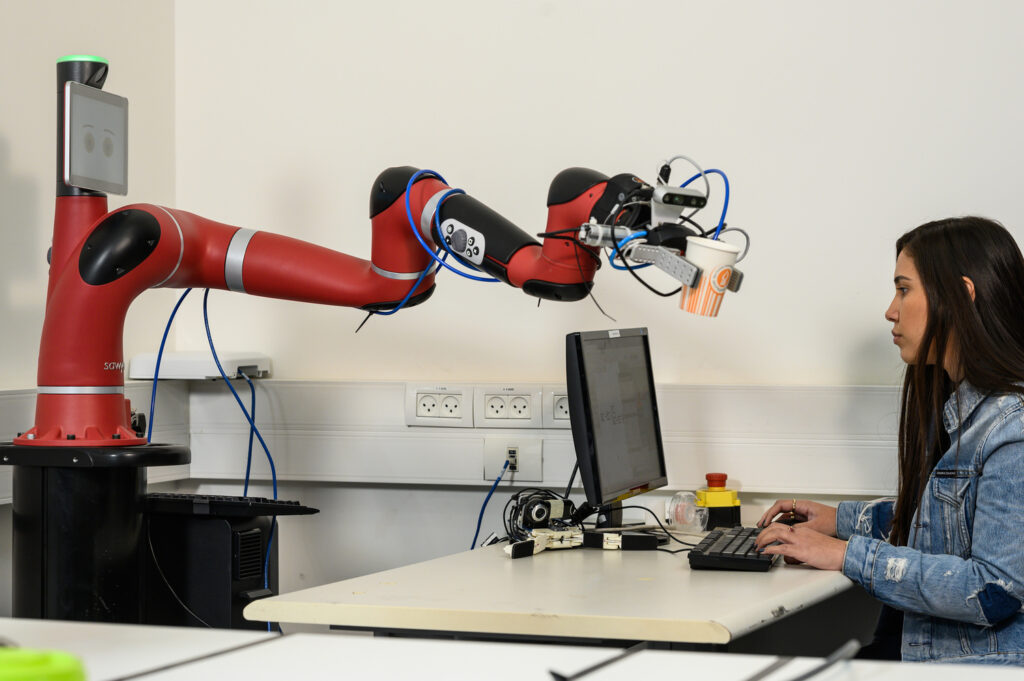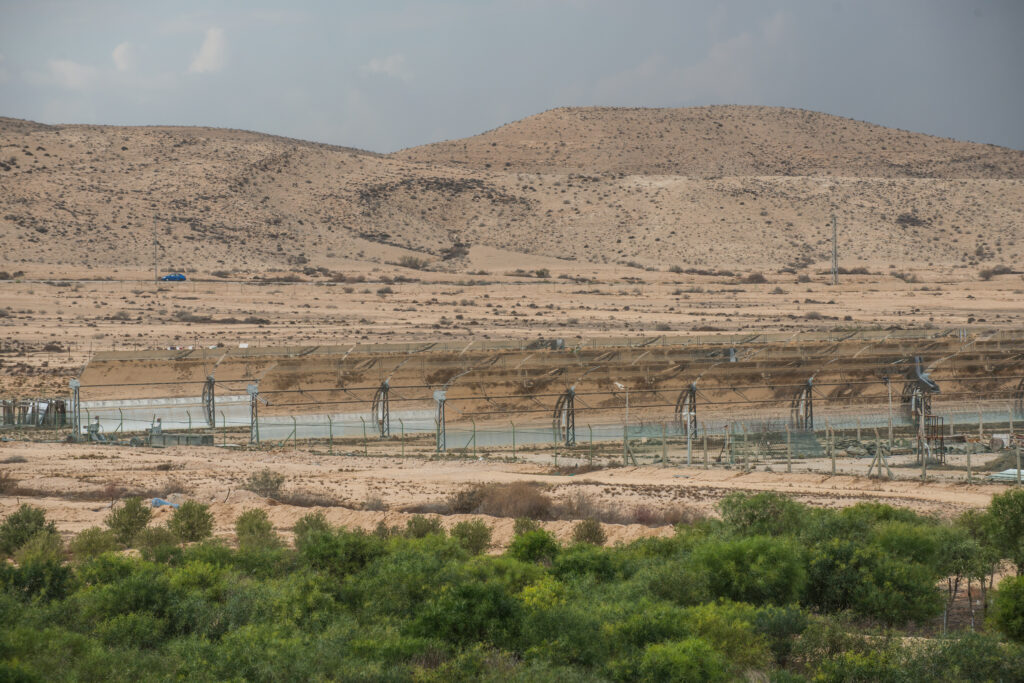
Faculty Profile: Bracha Shapira
Faculty Profile: Bracha Shapira
November 30, 2012
Homeland & Cyber Security, Robotics & High-Tech
Department of Information Systems Engineering
During Operation Pillar of Defense, Israel was not only attacked by missiles. More than 44 million hacking attempts were made on Israeli government Web sites by an international group of hackers in protest of Israel’s air strikes on Gaza.
Cyber attacks were also directed at civilian organization Web sites including Israeli banks, tourism companies, locksmiths, fashion accessory companies, and even a blog. This shows us that, as wars take new meaning in the cyber realm, no one is safe.
As head of BGU’s Department of Information Systems Engineering, Prof. Bracha Shapira focuses on applying new technologies to develop cyber security with a goal of protecting the world, from the individual on up to the international level. “We look at real world problems and try to make cyberspace a little safer,” Prof. Shapira says.
“Cyber attacks are no less significant than other threats. We rely on networks and computers and it’s all connected. If someone attacks our infrastructure – systems like banks, electricity and hospitals – it could paralyze the whole economy and threaten many people’s lives.”
Defining and anticipating problems that could occur absorbs a lot of research energy, Shapira says. “The enemies aren’t visible. And there’s not just one enemy; an attack can come from any place. Early detection is important.
“Attackers are becoming more and more sophisticated, so to protect the system we must have the ability to look for anomalies that nobody has yet discovered: what is different? What small anomalies could aggregate to a big attack? We train the systems to handle problems.”
A lot of time goes into imagining what could happen and simulating what it could lead to. “We can’t always have real data, so we simulate the attacks and develop tools and methods, then algorithms and techniques and try them on the data.”
The cyber security lab collaborates with government and industry. In addition to protecting Israel from attacks on its infrastructure, projects seek to review social networks to find malware, viruses and anomalies, identify hackers, and collect information.
Other projects aim to protect individuals. One colleague, with his students, created a system that identifies fake from real Facebook friends to prevent pedophiles from connecting with children.
Another current project is to prevent data leakage from organizations, both government and civilian. Shapira’s lab developed new algorithms that automatically identify people who are sending e-mail or trying to publish information, intentionally or not, that should not be leaked.
An additional project seeks to protect networks from malware attack by optimally deploying NetShield protectors (a system that prevents or detects intrusion) on the network.
“You can’t put them everywhere because they’re too expensive,” Shapira explains. “We developed techniques to find optimal ways to place the protection so viruses won’t spread, or will spread more slowly.”
The cyber security field is increasingly attractive to students and a new graduate specialization is being introduced this year. The curriculum was developed to meet the growing need for security experts as a key component to protecting national infrastructures and global economic institutions.
The areas of focus include network security, attack identification methods, cryptography, development of secure systems, and operation systems security.
Shapira observes, “It’s unbelievable to see how our lives are exposed, how much can be inferred from information on the Internet and especially on social networks. People are generally unaware of the dangers and don’t take the necessary precautions.”
Read more about the Homeland Security Institute at Ben-Gurion University of the Negev in the Fall 2012 issue of Impact >>



